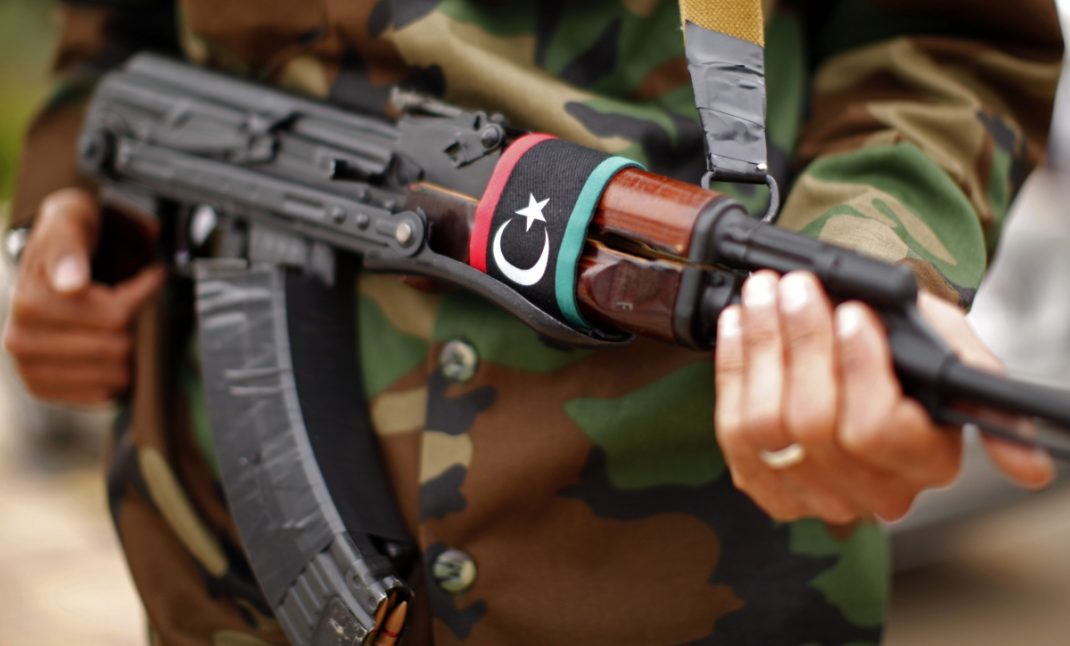By Ileana Ros-Lehtinen
December 17th marks the one year anniversary of the Libyan Political Agreement, making this an opportune time to review the administration’s policy on Libya.
When this administration first participated in the intervention in Libya in 2011, many of us expressed concern with the administration’s lack of clearly articulated objectives, a post-intervention plan, or even an explanation about how it fit U.S. national security interests.
Many of our worst fears have come to fruition, as more than five years after Ghadafi’s death, Libya is embroiled in a difficult civil war that shows no sign of abatement. If anything, it has only gotten worse since the UN-brokered agreement.
Libya is more politically divided than ever, its economy is in a freefall, terrorist groups and criminals continue to exploit the power vacuum. Multiple governing entities and their allied militias and armed forces compete for power, while the UN-backed unity government, known as the Government of National Accord, remains unable to provide basic security and basic services to the people of Libya.
Criminals and terrorist groups, including ISIS, al-Qaeda and so many others, take advantage of the chaos, securing their own territory and using Libya as a launching pad for smuggling, for human trafficking, for terror attacks – endangering Libya’s neighbors such as Egypt and Tunisia. Libya is now the main transit point for migrants trying to reach Europe, and with little border security or governance, many are rightly concerned by the potential of terrorists reaching our own shores.
While reports say that forces are close to retaking Sirte from ISIS, we should not allow this news to disguise the sad reality: ISIS’s presence in Libya is far from being eliminated. ISIS, al-Qaeda, Ansar al-Sharia – the group responsible for the 2012 Benghazi attack – as well as others, all continue to maintain cells throughout the country.
In a positive development, I was relieved to see the announcement last month that the Organization for the Prohibition of Chemical Weapons was able to remove Libya’s remaining chemical weapons equipment. Another welcome development, if accurate – if accurate – is the reported killing by French airstrikes of the Algerian jihadist known as the “one-eyed terrorist.” He is said to be responsible for organizing terrorist attacks in Libya, Algeria, and Mali – so many other places – and had funneled millions of dollars to al-Qaeda.
France’s airstrikes highlight the stakes that many outside actors have in Libya. Russia, Egypt, Saudi Arabia, the UAE, and others continue to support Khalifa Haftar, the former Libyan National Army general who recently claimed victory in Benghazi and who was just in Moscow discussing Russian military assistance.
Reports indicate that at least four countries have Special Forces on the ground in Libya right now, including our own, and, in some cases, are assisting forces on both sides of Libya’s civil war.
It also worth noting that in recent months Haftar has seized many of the ports in Libya’s oil crescent which is Libya’s main source of revenue.
With additional violence on the horizon, potentially between eastern and western forces, Haftar’s role must be addressed in Libya’s political dialogue – a dialogue that should come sooner rather than later.
Since the unity government took up residence in Tripoli in March, it has struggled to provide the kind of basic services and security that could engender the support that it needs in order to consolidate power. And as long as it keeps struggling in the west while its rival governing entities and security forces keep operating and making gains in the east, any chance that the current peace process had at succeeding will continue to be undermined.
As we approach the one year anniversary of the Libyan Political Agreement, it is clear that the status quo in Libya is unsustainable and that there must be a new and revitalized attempt at reconciling all Libyan stakeholders.
I look forward to hearing exactly how the administration is working to help get that peace process back on track, the status of our counterterrorism operations against ISIS and others, and what kind of changes to our Libya policy and assistance we should expect moving forward.
***
U.S. Rep. Ileana Ros-Lehtinen, R-Fla., chairs the U.S. House Middle East and North Africa Subcommittee
______________
Sunshine State News




